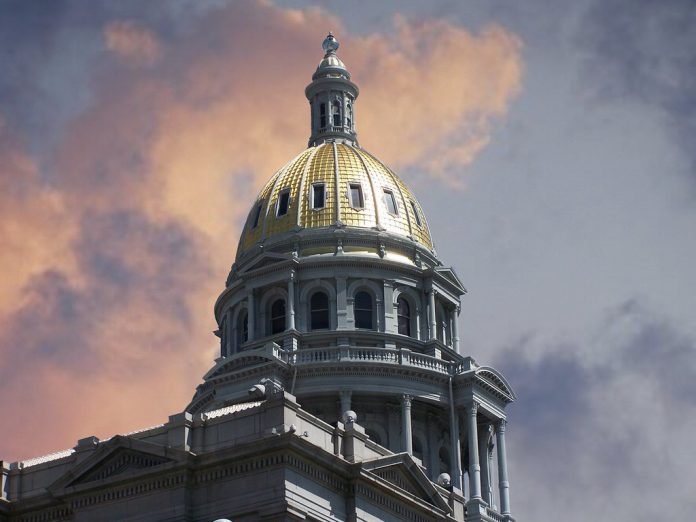(The Center Square) – Elected officials in Colorado are sounding the alarm on a possible change to Internal Revenue Service rules on taxing state tax refunds.
The IRS’ 16-page guidance on “federal income tax consequences of certain state payments” clarifies the federal tax status of state and local tax refunds and other payments made by governments to individuals.
“Payments made by states under legislatively provided social benefit programs for the promotion of the general welfare are not included as income on an individual recipient’s federal income tax return,” the IRS said in a news release.
“This updates the previous guidance, which only described the taxability of payments made during 2022,” the IRS said. “Today’s notice also requests comments regarding the application of the rules described in this notice, as well as specific aspects of state payment programs or additional situations on which federal income tax guidance would be helpful.”
Gov. Jared Polis said the proposal goes against a 30-year precedent of Taxpayer’s Bill of Rights refunds being exempt from federal taxes. In years when the state’s revenue exceeds the revenue cap, Colorado taxpayers receive a tax refund under TABOR.
“This absurd potential action from the IRS would cost Coloradans money and confuse people, and I call on the Biden administration to reverse course,” Polis said in a statement.
In February, Polis voiced his approval of an IRS decision not to require Coloradans to pay federal income tax on 2022 TABOR refunds. Colorado was one of 17 states with payments excluded from federal income tax liability in 2022.
Polis’ office estimates Coloradans would pay $400 million in federal taxes, or approximately $100 per individual, on their 2022 returns without the IRS exception.
“Our administration strongly disagrees with the IRS guidance as it fails to factor in that TABOR refunds are returning sales tax dollars in addition to income tax dollars and fees that our citizens have already paid and therefore are an entirely legitimate tax refund and should not be subject to further state or federal taxation,” the governor added.
Colorado’s congressional delegation sent a letter to IRS Commissioner Daniel Werfel on Thursday taking issue with the proposal.
“We urge the IRS not to abandon 30 years of precedent, and we hope you can resolve the current ambiguity so that Colorado’s taxpayers do not face further confusion to say nothing of the nightmarish burden of an unprecedented tax,” the letter said.
“For 30 years, the IRS has not taxed TABOR refunds – and it makes no sense for them to start now,” U.S. Sen. Michael Bennet, D-Colo., tweeted. “I’m committed to working with the IRS to ensure TABOR’s precedent is respected and that Coloradans can keep the money they are entitled to.”
“TABOR is a refund of Coloradans’ hard earned tax dollars, not new income. The IRS has agreed for 30 years,” U.S. Sen. John Hickenlooper, D-Colo., said. “We’re not going to let that change now.”
For a state tax refund to fall under the IRS “general welfare exclusion” and not be considered as federal gross income, it must be for the “promotion of general welfare (that is, based on the need of the individual or family receiving such payments)…”
In November, Colorado voters will decide on Proposition HH, which proposes reducing the residential property tax rate to 6.7% and replacing the lost revenue with TABOR refund money.
Originally published by The Center Square. Republished with permission.
For more from Budget & Tax News.
For more public policy from The Heartland Institute.











